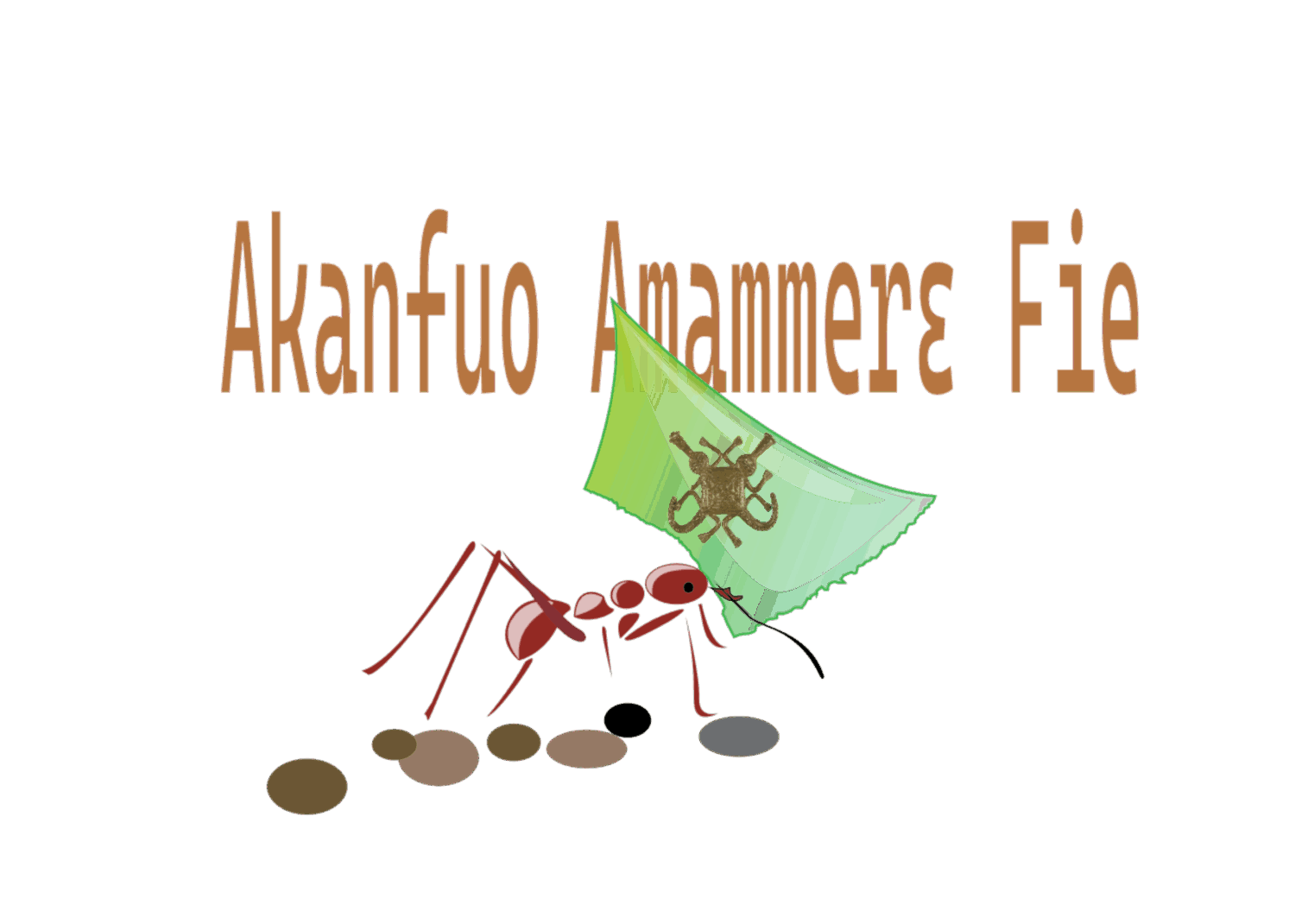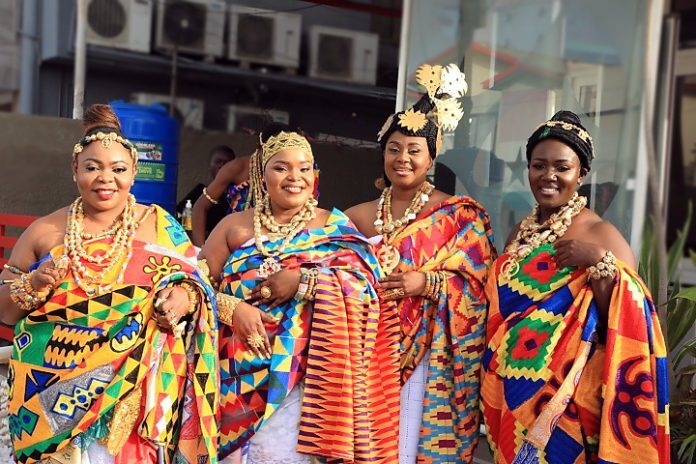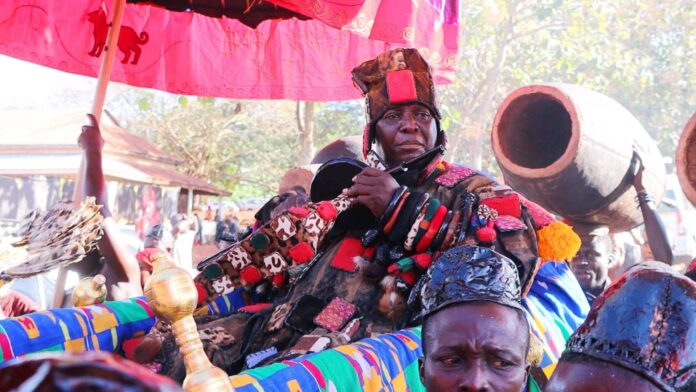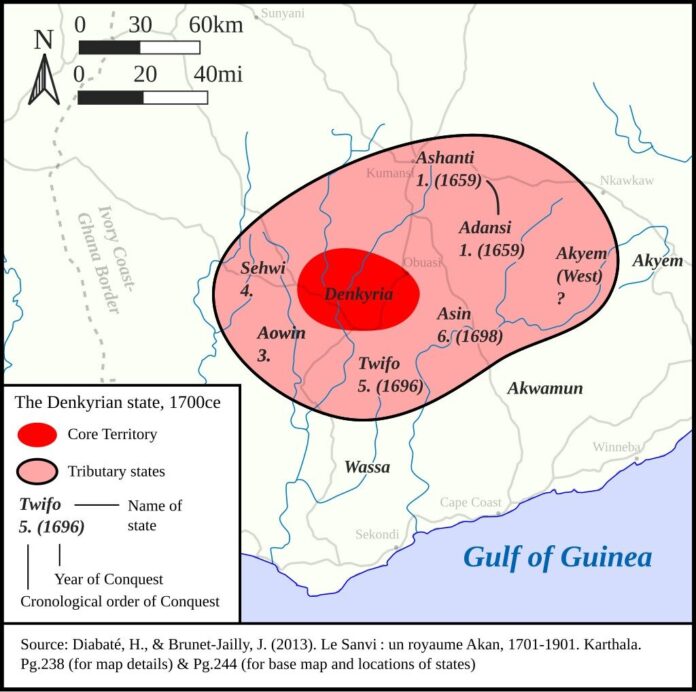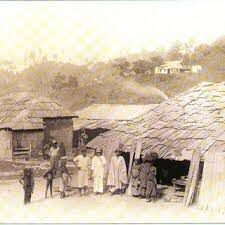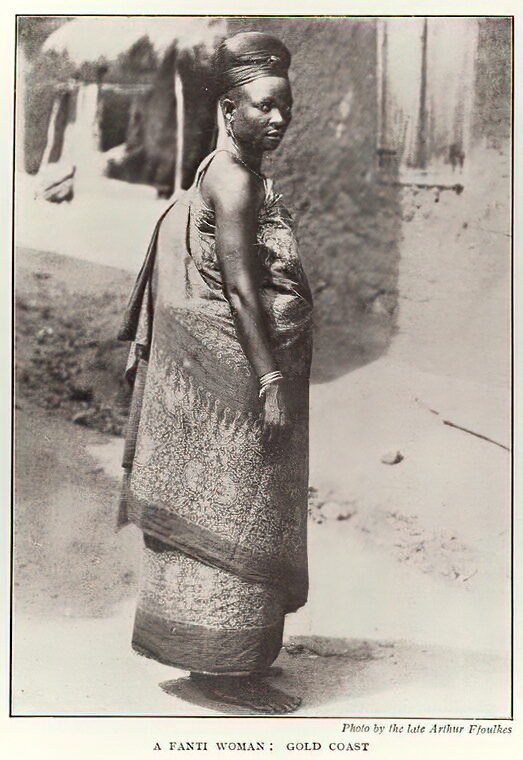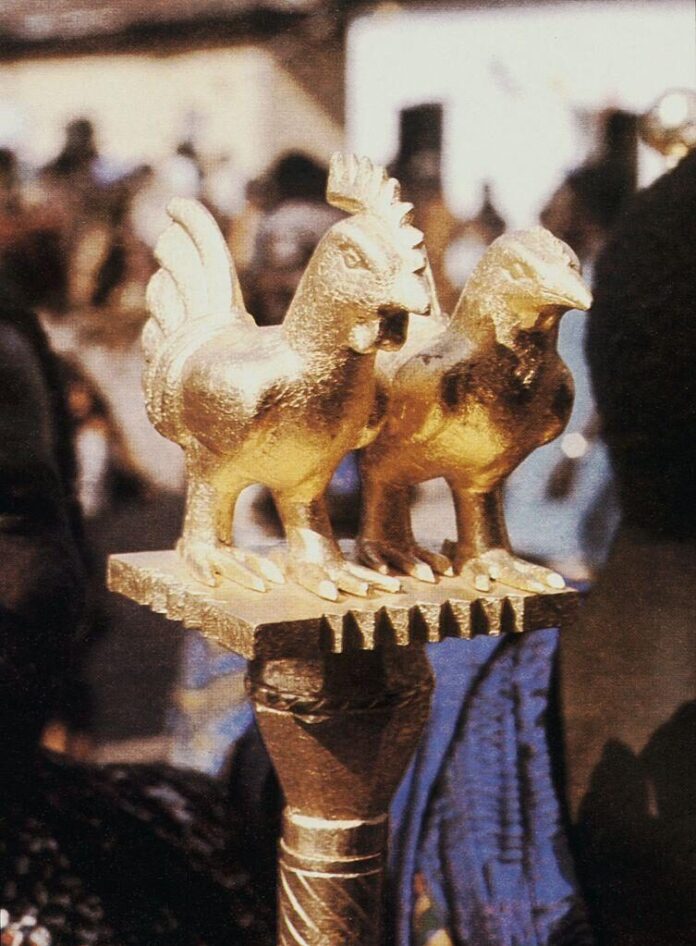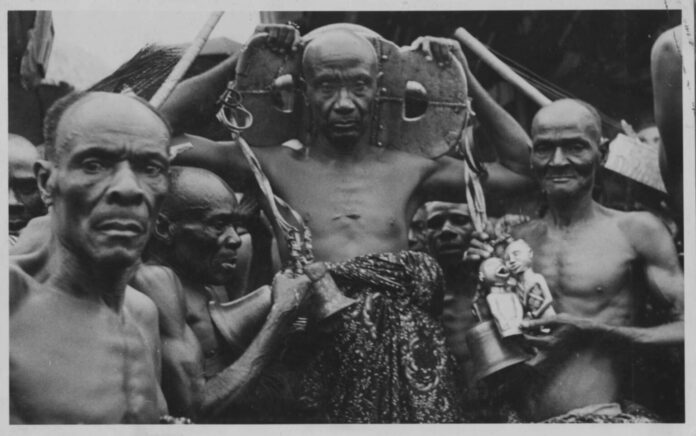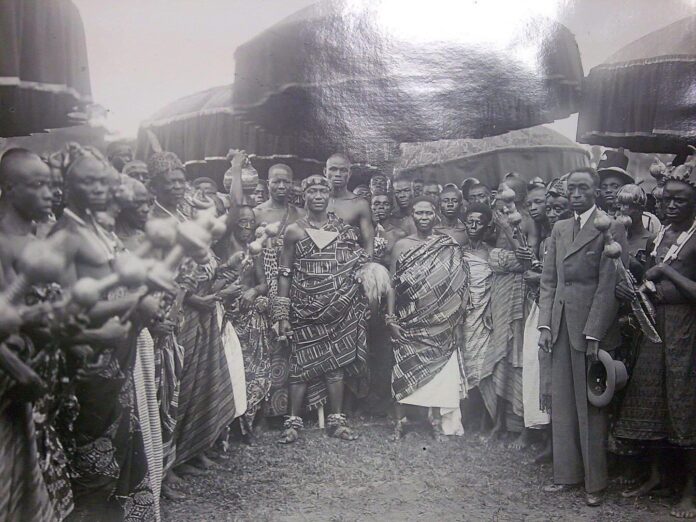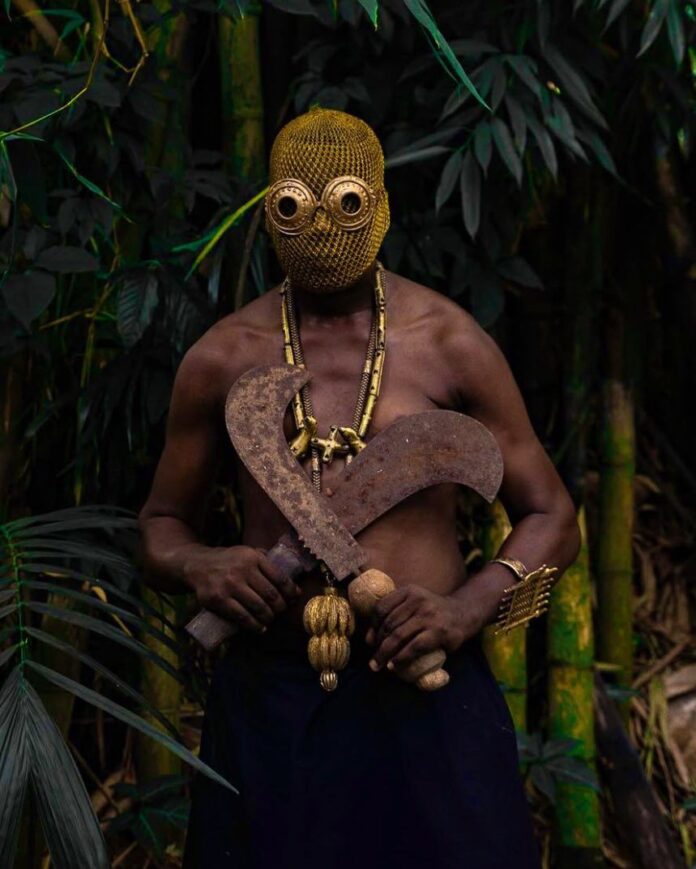Every Akan carries a story that begins not just with family, but with a clan, a bond older than any kingdom or perceived bloodline. Long before chiefs sat upon royal stools or the onset of migration to modern locales, the Akan clans shaped how people lived, ruled, and related to the land. The clans, known as abusua, were more than bloodlines; they were spiritual families bound by ancestry, duty, and the unseen hand of the gods.
The Roots of the Clans
In Akan memory, the clans trace their origin to the first settlers of Asantemanso and Adanse. These were the founding ancestors who emerged from the earth and formed the earliest communities. As they multiplied and spread, each group carried a totem, an animal or symbol representing its spiritual guide. The parrot, the leopard, the dog, the crow, and the bat, among others; marks of identity and guardians of destiny.
The clan system gave the Akan world a clear structure. Every person belonged to the clan of their mother, and through that, to a vast family that stretched across towns and regions. It was this matrilineal order that defined inheritance, marriage, and leadership. A child could not marry within their mother’s clan, and a chief’s successor was chosen not from his sons, but from his sister’s line.
The “Abusua”
In Akan culture and tradition, your abusua means more than family. It is a sacred bond between the living, the dead, and those yet to be born. Each clan has its own history, its taboos, and its spiritual path. The Aduana, for instance, believed they carried the first fire; the Oyoko traced their greatness through courage and leadership; the Asakyiri stood for loyalty and resilience.
The clan also served as a social safety net. When one person suffered, the entire clan shared the burden. Funerals, marriages, and festivals were communal affairs, where clan members gathered not only to celebrate or mourn but to renew their unity. Through these gatherings, the Akans built societies that valued kinship above material wealth.
Women and Clan Inheritance
Women stand at the center of the Akan lineage. The mother was the vessel through whom the spirit of the clan continued. She was the root of identity, the keeper of inheritance, and the first teacher of tradition. The queen mother, or ɔhemmaa, held a position of great authority alongside the chief, guiding leadership decisions and preserving ancestral wisdom.
It was not uncommon for members of various clans to seek the abrewa (an elderly stateswoman) when seeking guidance and/or before making key decisions in their lives.
When a chief died, the queen mother and elders selected his successor from her own family line. This ensured that leadership remained within the maternal clan, keeping the royal spirit pure and undivided. It was a system that protected the balance of power and honored the bond between motherhood and continuity.
The Clan and the Land
Every Akan clan was tied to specific lands and sacred places. Rivers, mountains, and forests have long been viewed as living entities connected to the ancestors. Libations were poured to honor these spirits before farming, hunting, or war. The earth was seen as both provider and witness, and to disrespect it was to dishonor one’s own lineage.
Indeed, each clan maintained shrines where priests and priestesses served as mediators between the spiritual and human worlds. These shrines became centers of learning, healing, and law. It was from these sacred spaces that many Akan laws and customs originated.
Unity & Diversity
The strength of the Akan people comes from the ability to stay united despite belonging to different clans. The clans were many, but they shared common values, respect for ancestors, the pursuit of harmony, and faith in destiny. This unity later made it possible for the Akan states to form powerful confederacies, such as Denkyira, Akyem, Bono and Asante.
When wars came or disputes arose, the clans played a key role in maintaining peace. Elders from each clan met in council to settle differences through dialogue and wisdom.
This practice of collective decision-making laid the foundation for the Akan political system that still guides traditional governance today.
From Asantemanso to modern-day Ghana, the spirit of Akanfuo mmusuakuo remains pure and unbroken. A source of pride for many an Akan and rightfully so!
